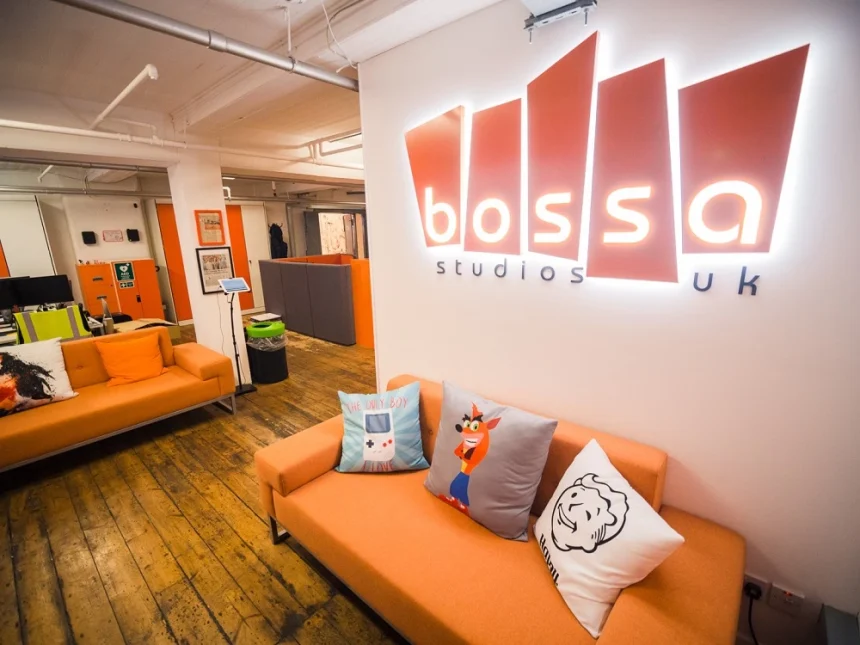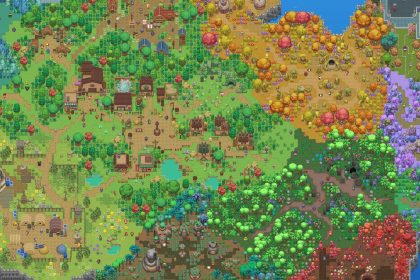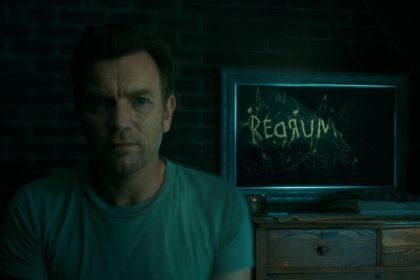During the pandemic, game development studios rapidly adapted to remote work, a change that has persisted post-pandemic, with many studios choosing to remain fully remote. Bossa Studios and FuturLab, two UK-based developers, have embraced this model, with employees working from various locations worldwide. The leaders from these studios, Henrique Olifiers from Bossa and Toby Adam-Smith from FuturLab shared their insights on the benefits and strategies for maintaining a collaborative and creative environment remotely.
In transitioning from office to remote work, Adam-Smith noted the challenge of replicating the spontaneous interactions and observations that naturally occur in an office setting.
To address this, FuturLab uses communication tools like Slack and Gather to foster an open and collaborative online environment. Trust is emphasized, with the understanding that empowered employees who align with shared visions and goals will find the best ways to achieve them.
Maintaining vision alignment in a remote setting can be challenging, as Olifiers pointed out. Misalignment can lead to team members working in silos on low-priority tasks. To combat this, Bossa Studios employs various methods, such as regular workshops and player-centric discussions, to ensure everyone is on the same page.

Breaking teams into smaller groups with diverse skill sets and using dedicated Slack channels has improved communication and collaboration, reducing the chances of misalignment.
Efficiency in remote work hinges on using the right tools and creating a seamless setup. Olifiers highlights the importance of tools like Miro, Discord, and Jira in streamlining workflow and maintaining productivity.
He notes the advantages of remote work, such as reduced distractions and improved work-life balance, which contribute to overall efficiency and job satisfaction. However, it’s crucial to have a well-organized home setup and clear communication to prevent issues.
Clear and effective communication is paramount in a remote work environment. Both studios rely on tools like Slack, Discord, and Google Meet for meetings and updates.
Olifiers recommends keeping meetings concise with clear agendas, involving only relevant people while ensuring everyone has the opportunity to contribute. Adam-Smith stresses the importance of creating an environment that facilitates frequent and open communication, encouraging team members to share their work and concerns.
To foster team cohesion and address potential isolation, both studios advocate for regular in-person meet-ups. Bossa Studios holds entire team gatherings several times a year, along with leadership and individual team meetings.
Olifiers sees these in-person interactions as crucial for strategic discussions and building bonds. Adam-Smith advises making these meet-ups non-mandatory and considering travel logistics to ensure they are inclusive and beneficial for all team members.
Bossa Studios and FuturLab have successfully transitioned to remote work by leveraging communication tools, maintaining clear and aligned visions, and ensuring regular in-person interactions. These strategies have enabled them to maintain productivity, creativity, and team cohesion, proving that remote work can be an effective and sustainable model for game development studios.







